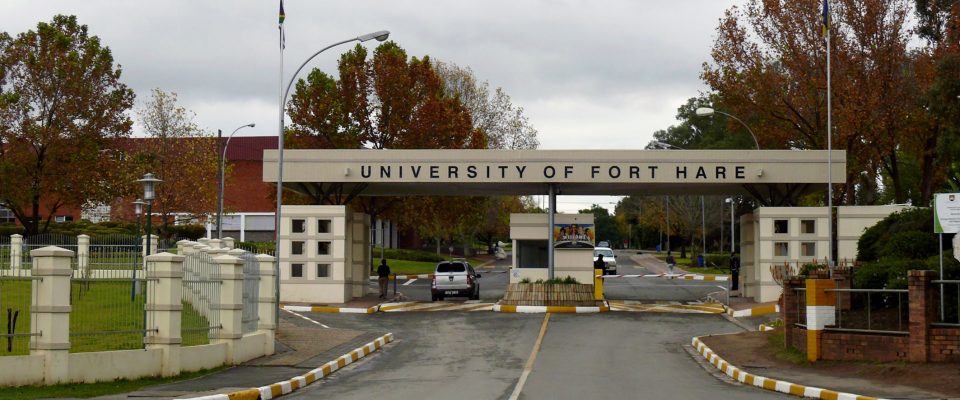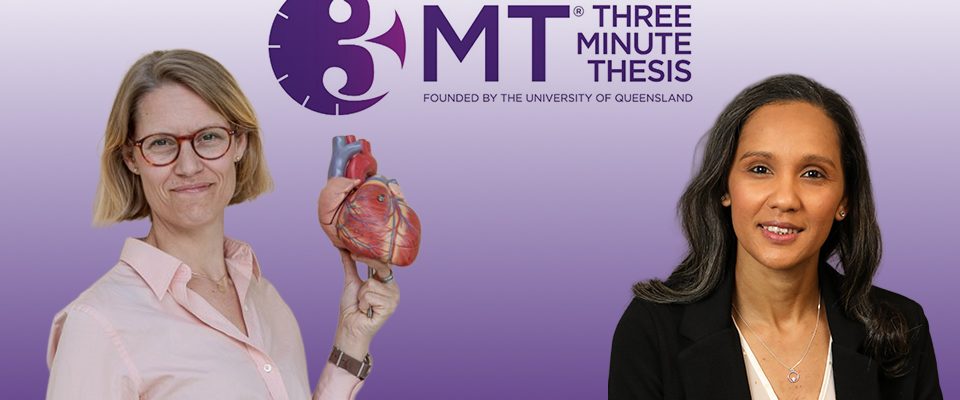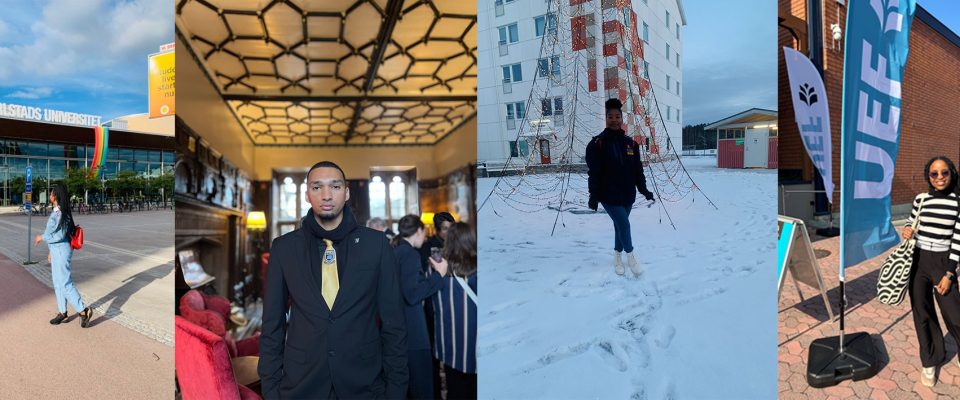
Support staff and long shadow implications of COVID-19
Written by: Ms. Hilda Wilson
How prepared are university administrators to keep pace with the new (intangible) normal?
Can we, as suggested by the director of the Academic Cooperation Association, Bernd Wächter, find smarter ways of living, working, learning and moving? How will we as administrators continue to be productive as the mode of teaching, learning and research changes dramatically? Are we equipped to support the imperatives of institutional leaders and academics?
Marguerite Dennis writes about COVID-19 and the long shadow implications for higher education disruption. That this dreaded disease will impact on student enrolment, the financial stability of higher education institutions and have long shadow implications is no longer in doubt.
While university leaders and academics strive to hold the rudder – keeping research, teaching and learning on track as it pivots to meet the demands of the pandemic, and be innovative in the face of its decimation in our communities – new challenges emerge for non-academic support staff.
This sector of the campus community is in service to its bigger purpose of producing graduates, contributing to new knowledge, developing skills for the economy, and generally the advancement of the society in which it operates.
There is so much more pressure on universities now to provide quality education given the dramatic change in pedagogy. The playing field has never been equal for students who come from diverse schooling systems and economically unequal home environments.
The online and virtual study domains have to facilitate many facets of the curriculum requirements for a student constituency located in an unequal society, as it aims to honour the value statement of the university’s leadership: “No student will be left behind.”
Quality assurance in a university context is contingent upon quality service too. While administrators are not the only role players in providing quality or service, some elements are within our remit.
Personal resilience
When I participated in a two-day workshop at the University of the Western Cape in South Africa on mindfulness in 2018, I was shocked to learn that solutions to my work-based problems start and end with me. My own attitude can make or break the minefield environment.
The stress that was starting to manifest in high blood pressure, weight gain, short temperedness and depression circled back to me and I was challenged to realise I was processing what I perceived through emotions that multiplied a sense of helplessness.
That marathon is still in the starting blocks. Stamina for an endurance race and alignment of body, soul and mind are attained over time. How does one build personal resilience in this time of uncertainty – as one’s fully functioning work environment on a beautiful campus is reduced overnight to working at home? For many, it is certain that the workplace offers the daily stability that home does not always provide.
Now is the time to be personally accountable. Supervise oneself. Set goals every day and work towards achieving them. Building networks with teammates and colleagues in similar roles is indeed a new opportunity. Share best practice and work together to identify solutions, even when the dogs are barking and the neighbourhood kids are riding their scooters up and down the road. It’s even more important to structure your day, when the kids worm their way onto your lap as you attend to your tasks.
The University of the Western Cape ethos has never been about money, for example, by recruiting international students into money-spinner programmes. The university leadership tell us how much more flexible we need to become to stabilise our revenue streams while striving to leave no student behind.
Moving from a fixed calendar, with clearly demarcated vacation time and two semesters, is now a concept from the past. Are we as administrators ready to be flexible and to let go of attitudes about what is and what is not ‘my’ job?
Striving for quality service in a completely changed learning and work environment will require commitment to achieving the end goals of the university, enrolling students and supporting them to become the graduates (professionals, researchers and academics) that this world needs more than ever before.
Unlearning in order to learn
We are impelled in this time to learn new ways of being. In addition to coping with our personal fears and phobias about the disease, we have had to adapt to a virtual office environment, planning our activities within the confines of not always knowing what to do next.
We find our business processes need redesigning. There is the bigger departmental continuity planning and our own individual business processes. For example, instead of printing documents and opening new physical files, we now do this online using the university’s standard business operating systems. We create virtual folders and track tasks, completed and pending.
Past procedures and attitudes need to be revitalised for our daily strategies to be effective in meeting the needs of students while supporting the responsibilities of our seniors. Change with the change or face being left behind. Identify the skills that you require and set to acquiring them.
Using Zoom, Google Meet and Microsoft Teams was something I had only heard about; now, it is part of my new skills set despite untimely interruptions of the internet. Just remember to angle the camera favourably. These and other tools have become critical resources to master given that international mobility, the domain in which I work, is grounded and literally in the naughty corner until further notice.
Each one teach one
How do we channel feelings of insecurity in our jobs during the most insecure time in our lives? Prayerfully? There is merit in that I am sure you will agree. However, peer mentoring and sharing best practice are also effective if we open our minds to the possibilities. Some administrators are also part-time students and will naturally be more familiar with the university’s online systems. Knowledge of what students have to contend with is important in helping to re-shape the role we all play in this new era in higher education.
Having worked as a university administrator for over 25 years, I champion the notion that we can draw on areas of expertise acquired in our respective fields. Many skills from previous jobs (and training) lie dormant because we were appointed to a particular portfolio. That invaluable toolbox can open now. Followers are leaders too. We have much to learn from each other. Collaborate by each one teaching another. Collaboration is not only for scientists or international executives. Tune in to the opportunities that emerge anew.
Policy, procedures and flexibility
While continuing to follow the faculty yearbook, general calendar, etc, we keep abreast of all the new procedures and terms that executives are developing as we go. Personally, we have to be flexible to the demands placed on us to keep track of and hold the hand of our students as they grapple to study in their new non-contact learning environments.
We are best placed to guide and be available to support students to comply, so that they continue to have the best access to all opportunities for their success in this and coming academic years.
In my experience, no matter how clear policies are, students do not always read to the end. This is where we can make a difference if we take responsibility to be fully informed, know the source of decisions taken to adjust this academic year, and guide students whenever they ask for help.
The internet is an important educator, said Professor Aziza El Lozy in a Universities South Africa webinar on 12 May. So much information is at our disposal if we choose to access it. Many people have taught themselves entrepreneurial and other skills using YouTube, for example. We can bolster our core skills for a constantly changing world of work in this way. There is no better time than now to dig deeply into the theories and motivations of the Stephen Covey’s of this world.
The university library resources, including Google Scholar, are a vital tool accessible to registered students as well as staff. And a librarian is online to help. Online and virtual will remain the new normal. Let us get on board this amazing world.
Professor Paul Zeleza, vice-chancellor of the United States International University-Africa, is among those who have recognised the limitations in access to the internet and equipment for students, academics and support staff. The journey has its challenges. Express your needs so that you can serve your university constituency optimally.
Find your unique attributes. What value can you continue to add? Strengthen your ethos; this is not a time for entropy or you will be left behind.
Conscientious communications and an unconditional accountability to students and each other are important at this time in order for us to do even better than before. As support staff, we too can contribute towards shaping the future.
Hilda Wilson is currently manager of international relations at the University of the Western Cape in South Africa. Her main functions are partnerships and mobility for staff and students. She has worked as a manager in higher education institutions since 1998.
Article Source: https://www.universityworldnews.com/post.php?story=20200520101753333






